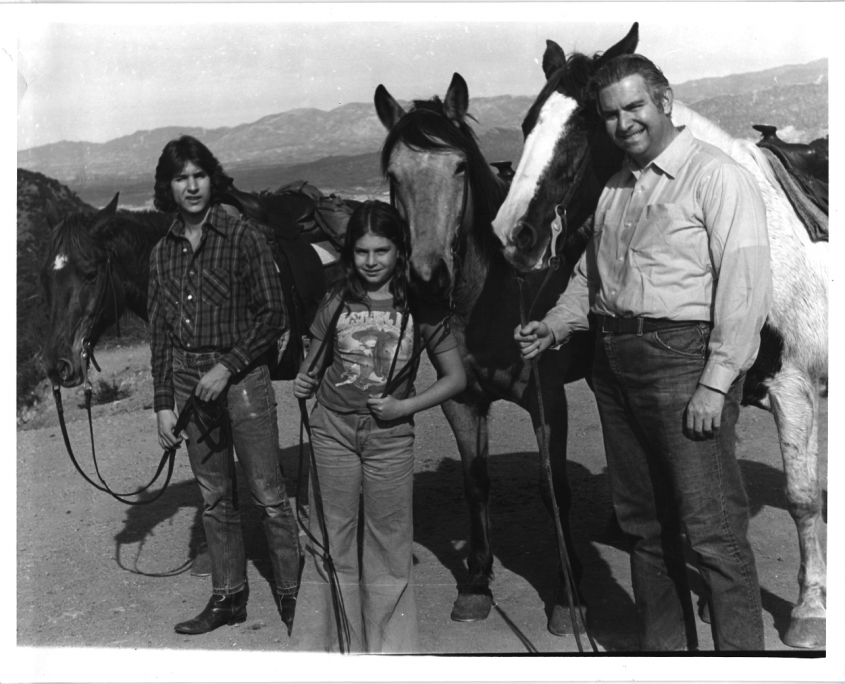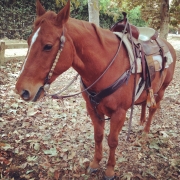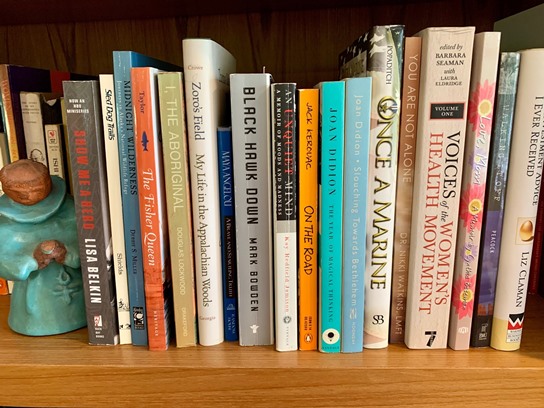Bad Horses

Seated on a horse, you are your true self.
Within seconds of settling onto her back, a horse will size you up. Watch her ears. Are they forward, signaling she’s ready to move with you onto your adventure? Are they swiveling toward you, asking what you have in mind? Or God forbid, are they flat back telling you she’s ticked and not afraid to do something about it?
To the outside world, you can appear to be the calmest, most balanced person on earth. A horse knows better. They read your real inner state of mind better than your shrink. They don’t care how many riding lesson’s you’ve had or how much your cowboy boots cost. A rider’s fear, frustration and anger hop directly into a horse’s brain along a million invisible connections. The posture of your seat, the weight in your heels and the tension in your thighs all send a message to the horse.
On the flip side, respect, warmth and affection pour off you directly into a horse’s brain without you saying a single word. A light touch with the reins sends a subtle feel to his mouth. A gentle nudge with your calf instead of a sharp poke with your spur sends another message. A ready carrot in your pocket as reward for responding to your request hasn’t failed me yet.
What a horse decides to do with the information he’s collected on you depends on the animal. As famous old horseman and author Ray Hunt once said, “You can never forget for one minute that what you’re sitting on is awake and alive. If he does something you don’t like, it’s your fault, not his.”
Talk to me sometime about the scar over my right eyebrow where I had ten stitches. My first horse Peppy was not only awake; he was likely a caffeine freak, too. He was also athletic, agile and calm 95% of the time. The other 5%? I never knew. He could decide to bolt from his stall for no apparent reason, knocking me to the floor and almost trampling me. I’d see a branch in the middle of a trail but he’d swear to you it was a dragon and go full tilt until I was forced to dive off him as he worked his way closer and closer to the edge of a 100 foot drop. I learned to never be too relaxed and to have eyes on the back of my head. I learned to pay attention to the way my horse moved, the way he held his head an a million other clues as to his state of mind. Peppy was kind of like a bad boyfriend; he was handsome, athletic, exciting and unpredictable.
And like a bad boyfriend, you usually stay with them until something really goes south. Some thought Peppy was a bad horse. He unloaded me and a western trainer ranked 23rd in the world, but truthfully he was just scared. The roper I sold him, too, got bucked off too. What any horse person will tell you is that you learn the most from a ‘bad’ horse.







test